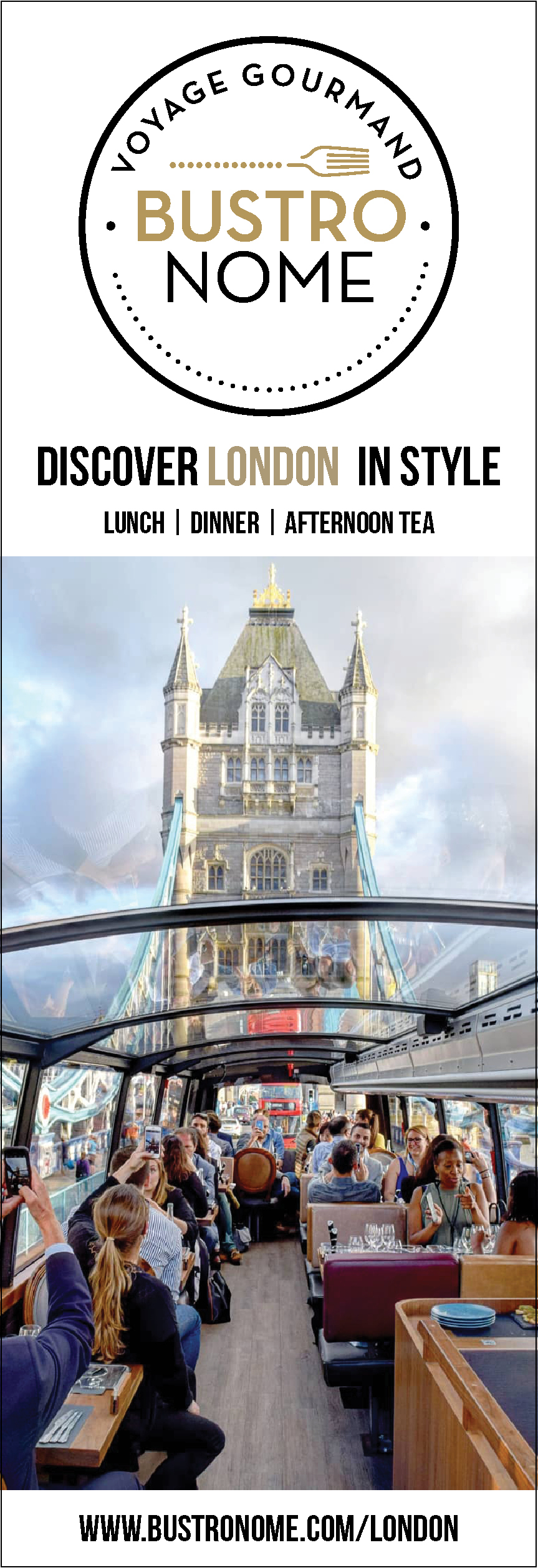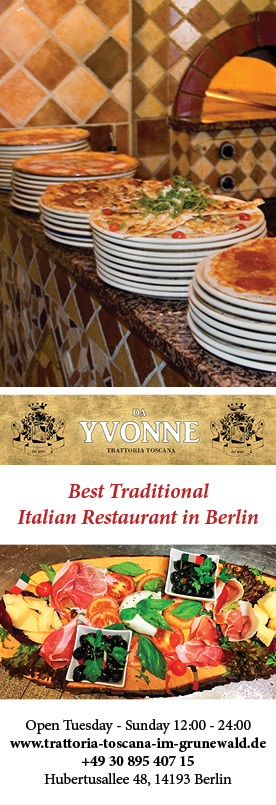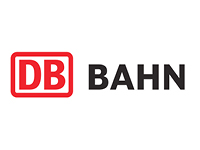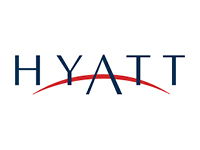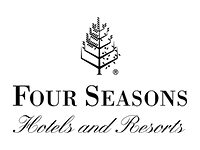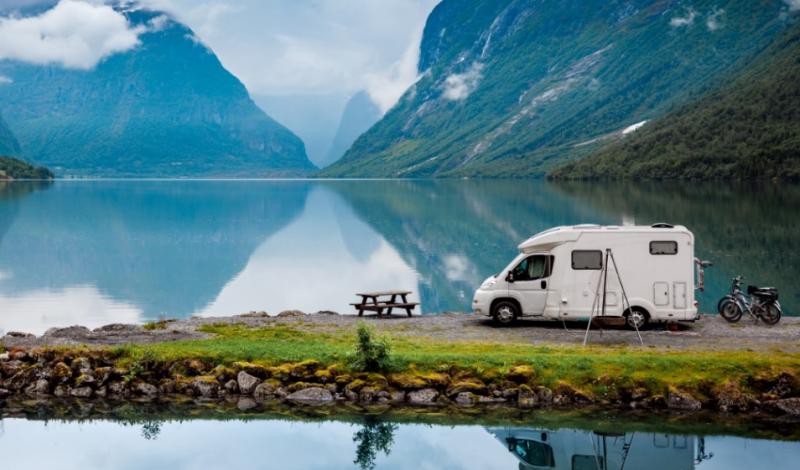
Everything You Need to Know about Buying, Selling & Owning a Caravan in the UK
Touring caravans have always been popular in the UK, and with sales up by 7-8% year on year the number of people who enjoy the freedom of self catering short breaks on their own terms is constantly growing.
With pitching spots all around the UK this is a cheap an easy way to take a mini version of home on the road and enjoy a change of scenery, and it’s pretty certain that caravanning will be a popular pastime for many more decades to come.
Whether you are thinking of taking the plunge and buying a caravan, in the market to sell one, or wondering what you may need to know about actually owning one, we have you covered as information and tips on all three elements are included in this handy short guide.
Buying a caravan
Before you even start looking you must check that your driving licence allows you to tow a caravan, and that your car is able to cope with the task. Basically the weight of the caravan must not be more than 85% of the cars weight. (This information should be on your Vehicle Identification Number VIN.) For driving license rules it depends when you passed your test.
-
Before 1st January 1997 – you should be okay with a car and trailer combined weight of 8.25 tonnes max.
-
1 January 1997 – 18th January 2013 (and holding an ordinary category B [car] licence) allows you to drive a vehicle up to 3.5 tonnes towing a trailer of up to 750kg, or more so long as the combined weight of both is less than 3,500kg. Heavier than this means taking a category B+E driving test
-
From 19th January 2013 a category B licence holder is okay towing a trailer over 750kg as long as the combined weight of the trailer and towing vehicle is no more than 3,500kg, otherwise you need a B + E license.
Buying new or used?
Buying brand new is generally quite a simple process, but for peace of mind use a dealer who is a member of a professional body, such as the National Caravan Council Approved Dealership scheme.
Of course, you need to take more care when buying used, whether from a dealer or privately. If possible:
-
Take someone who is familiar with caravans with you as they will know what to look for.
-
Go equipped with a gas bottle and battery tester so you can test the equipment.
-
Look carefully for signs of damp as this weakens the whole shell.
-
Be critical – does it look well looked after? If not it probably hasn’t been maintained well.
-
Look at the windows and doors- is the seal in good condition?
-
Look at the towing bar, checking for rust.
-
Ask if the items inside will all be included in the sale to avoid any nasty surprises
-
Before you buy check the history of the caravan to make sure it isn’t still under a finance agreement or reported stolen. (Use a site like Experion and the National Caravan Council’s CRiS registration scheme.)
Don’t forget to budget for thing like steps to get in and out (2 sets if there are 2 doors), water and waste containers, chemicals for the loo, melamine crockery and some cutlery, a basic tool and first aid kit, a leisure battery, fire extinguisher, an awning if you want more space, a battery charged coolbox, wheel clamp, alarm, and tracking device if they are not included.
You will also need towing mirrors and a coolbox.
Selling a caravan
You can sell directly to a dealer (or part exchange it), or try to get more by selling privately. If taking the latter route here are some handy tips:
-
Have potential buyers come and see the caravan, and be wary of sharing too much information on the VIN or about yourself to avoid fraudsters using what they learn to create a fake ad before stealing your caravan and selling it on.
-
Never sell to people claiming to live abroad, whatever their story.
-
Try to sell between January and April as these are the times when people start looking.
-
Set a fair and realistic price based on what other similar models are selling for. Be prepared to haggle but always know your bottom line.
-
Be honest in the ad.
-
Always include several pictures covering all angles.
-
Include all information on the caravan’s age, make, model, facilities, extras, etc to avoid time wasters.
-
Clean it thoroughly before advertising.
-
Advertise in a variety of places, if using Facebook selling groups make a note so you can refresh your ads regularly.
Owning a caravan
A whole host of fun lies ahead, so make the most of it by joining a group like the Caravan and Motorhome Club. These are usually good sources for tips on places to go and chances to meet others with the same interests.
If possible plan to store your caravan during the months you don’t plan to use it. This free up space around your home and also will help protect the caravan from the elements and extend its life, and don’t forget to check your car insurance and breakdown cover allow for caravan towing.
Once you have organised and decorated your touring caravan to suit your own taste you may want to think about buying a few extras to make life on the road a little easier or more fun. Portable barbecues are handy to have on board, as are a few books, toys, games and similar for the children.
Many people find it is easier to build up a stock of items, such as food and toiletries, which can be left in the caravan when not needed.
Final Words
So we covered the key points of buying, selling and owning a caravan in the UK, all that’s left to say is; ’Happy Holidaying’. If you need anymore help in finding static caravans for sale then check out Maquires Country Parks.
Share this article:





